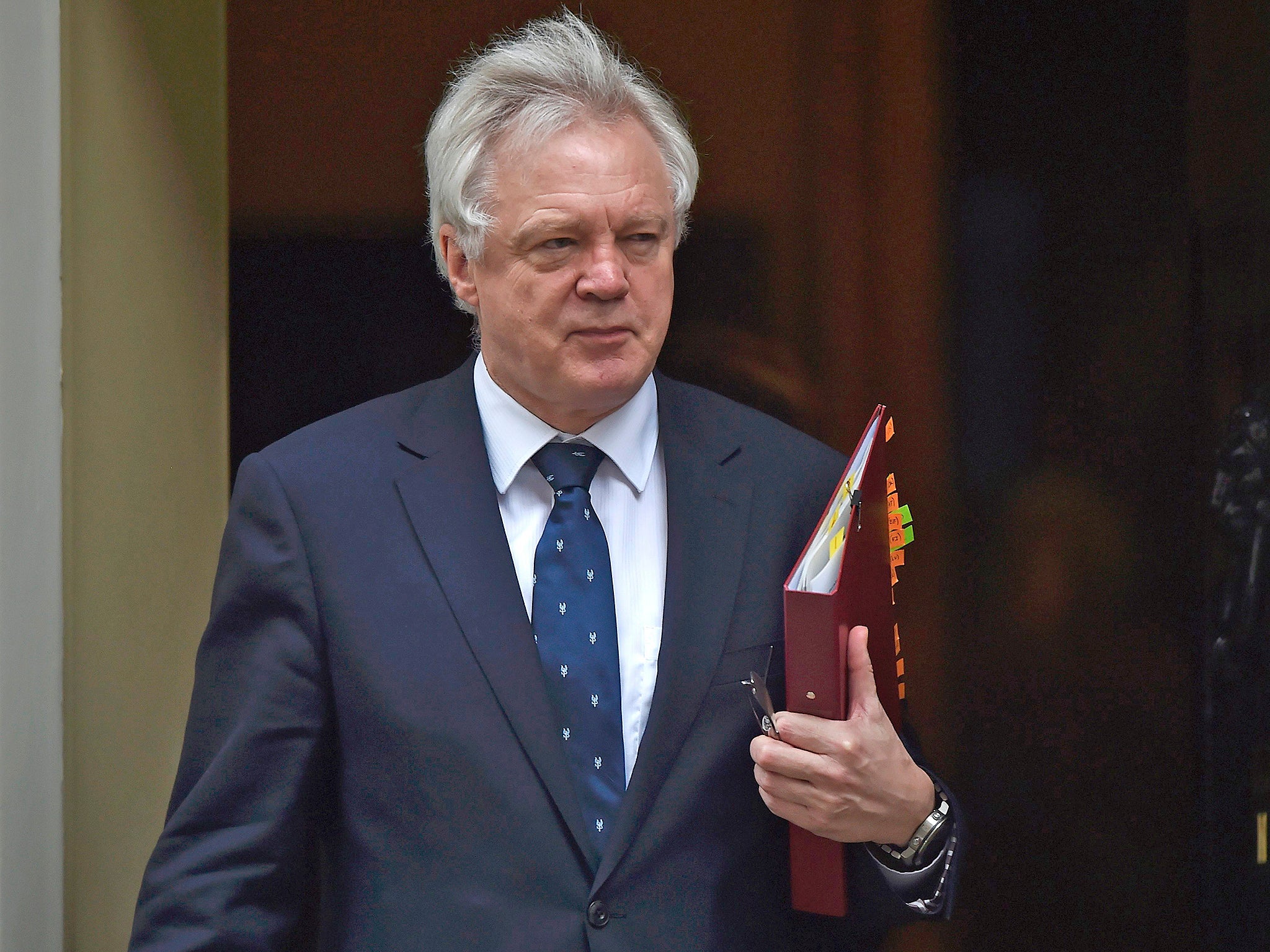Brexit bureaucracy will now take up all of our Government’s time
If all we’re going to be concerned with is, in essence, converting kilometres into miles for the next few years, then Brexit will be a disaster

The Great Repeal Bill is a curious piece of legislation. Highly dangerous too, given that it is quite the most far-reaching and sweeping piece of “enabling” or “Henry VIII” lawmaking since the Emergency Powers (Defence) Act 1939. Unprecedented in peacetime, Parliament is being asked to entrust the Government with placing powers currently resting with EU institutions either with UK government or devolved administrations’ departments and agencies – but with no scrutiny. It may be the only practicable way of repatriating the vast European body of laws and regulations that have not, formally, been enshrined in an act of Parliament, say, but it also demonstrates the sheer scale of the task of unravelling more than 40 years of European integration.
Of course ministers argue that all Britain is doing is preparing the way for the exact same framework of rules to be taken into British law, meaning that the UK starts its post-Brexit life with an identical set of single market and customs regulations to the EU. This, as was argued in the Prime Minister’s letter to Donald Tusk, President of the European Council, “means there will be certainty for UK citizens and for anybody from the European Union who does business in the United Kingdom”. So egg farmers in Essex, for example, will be able to export to the EU on the same terms as now, or at least there will be no administrative obstacles to them doing so. Yet the question arises – if all the UK wishes to do is to mirror European laws, why bother pulling out of the EU in order to gain the freedom to vary laws as the British wish?
The trade-off between Parliamentary “sovereignty” and trade is explicit. The more British legislation and regulation diverges from the EU – because either side start to amend rules or introduce new ones – the more time-consuming and costly will trade between the UK and the EU become, perhaps to the extent that in some sectors it becomes unviable. It has always been the case, for example in intensive livestock rearing, that the British could add additional safeguards for welfare, so the idea of a stranglehold from the EU was always exaggerated. The case of agriculture is additionally vexed because of the coming asymmetry in support policies between the old EU Common Agricultural Policy and the new income-support scheme for British farms, but the same principles apply across every economic activity from finance to aerospace.
The final irony is that the work Whitehall and Parliament will need to do to improve British competitiveness ahead of Brexit will be much harder to undertake once this avalanche of secondary legislation descends on the Commons and Lords. Britain does have an opportunity to win new markets, attract new investment and build a stronger economy, but only if the right policies can be implemented. If all ministers, civil servants, parliamentary draughts people and the lawyers are going to be concerned with is, in essence, converting kilometres into miles for the next few years, then Brexit will be an even greater economic and democratic disaster than it first appeared. This is not how the great Tudor-era buccaneering nation was built. Henry VIII would not approve.

Join our commenting forum
Join thought-provoking conversations, follow other Independent readers and see their replies